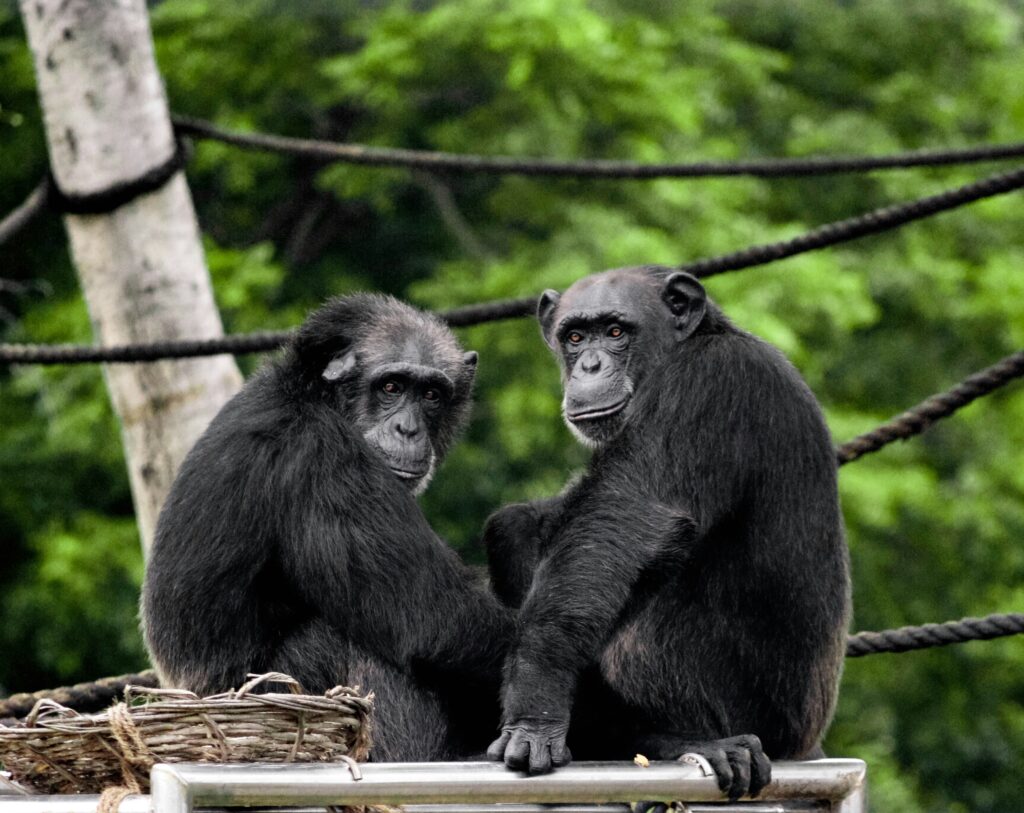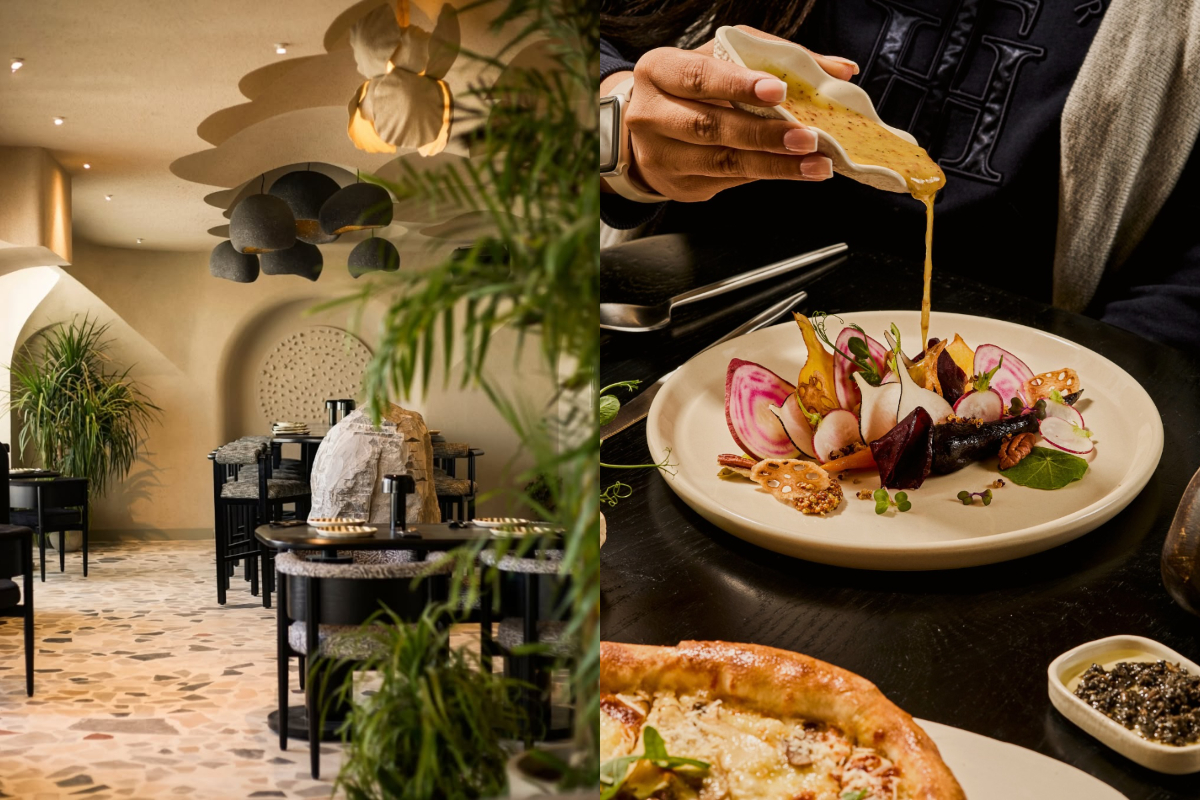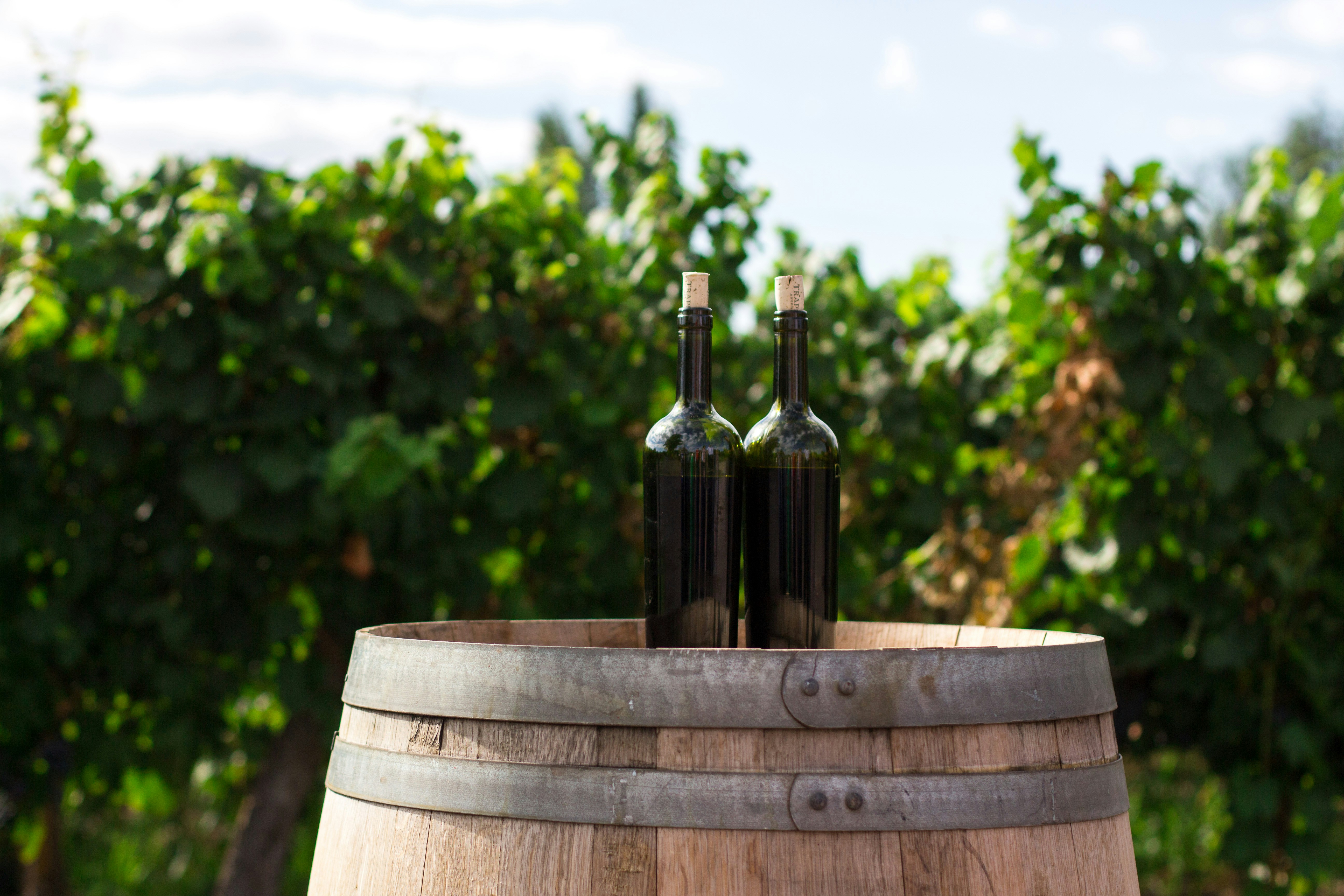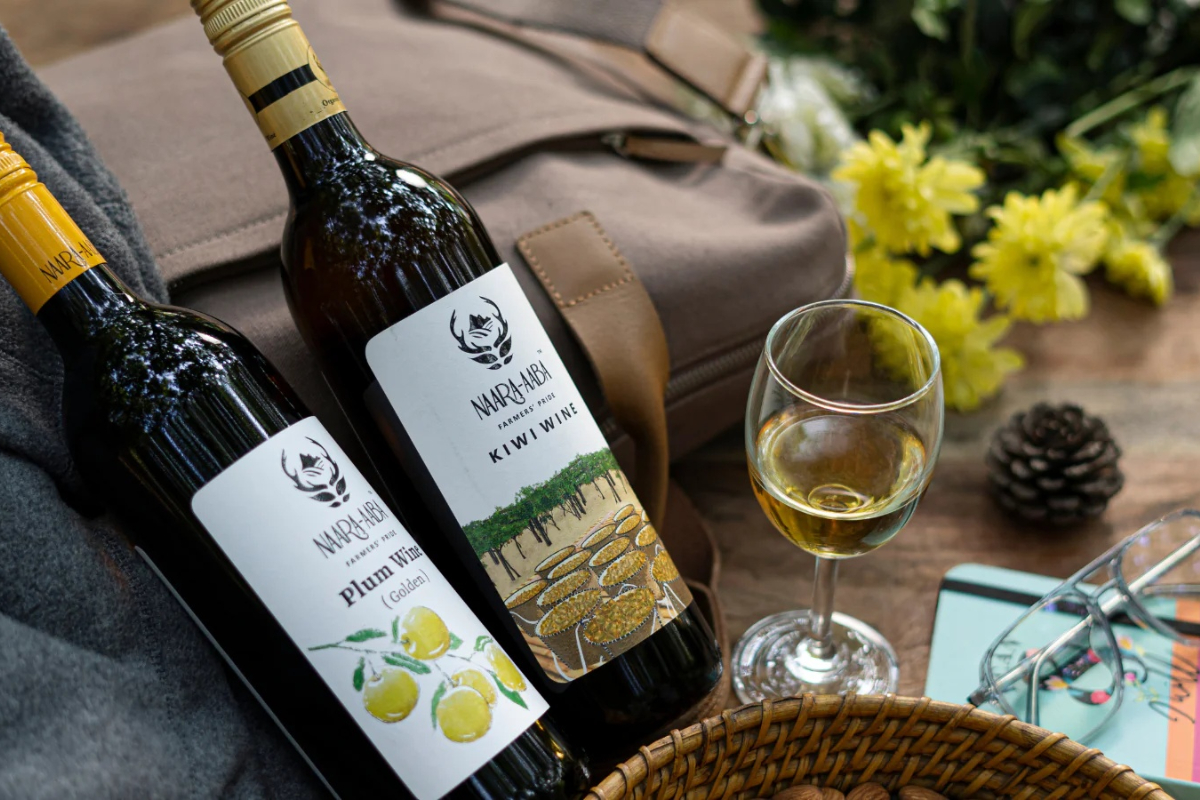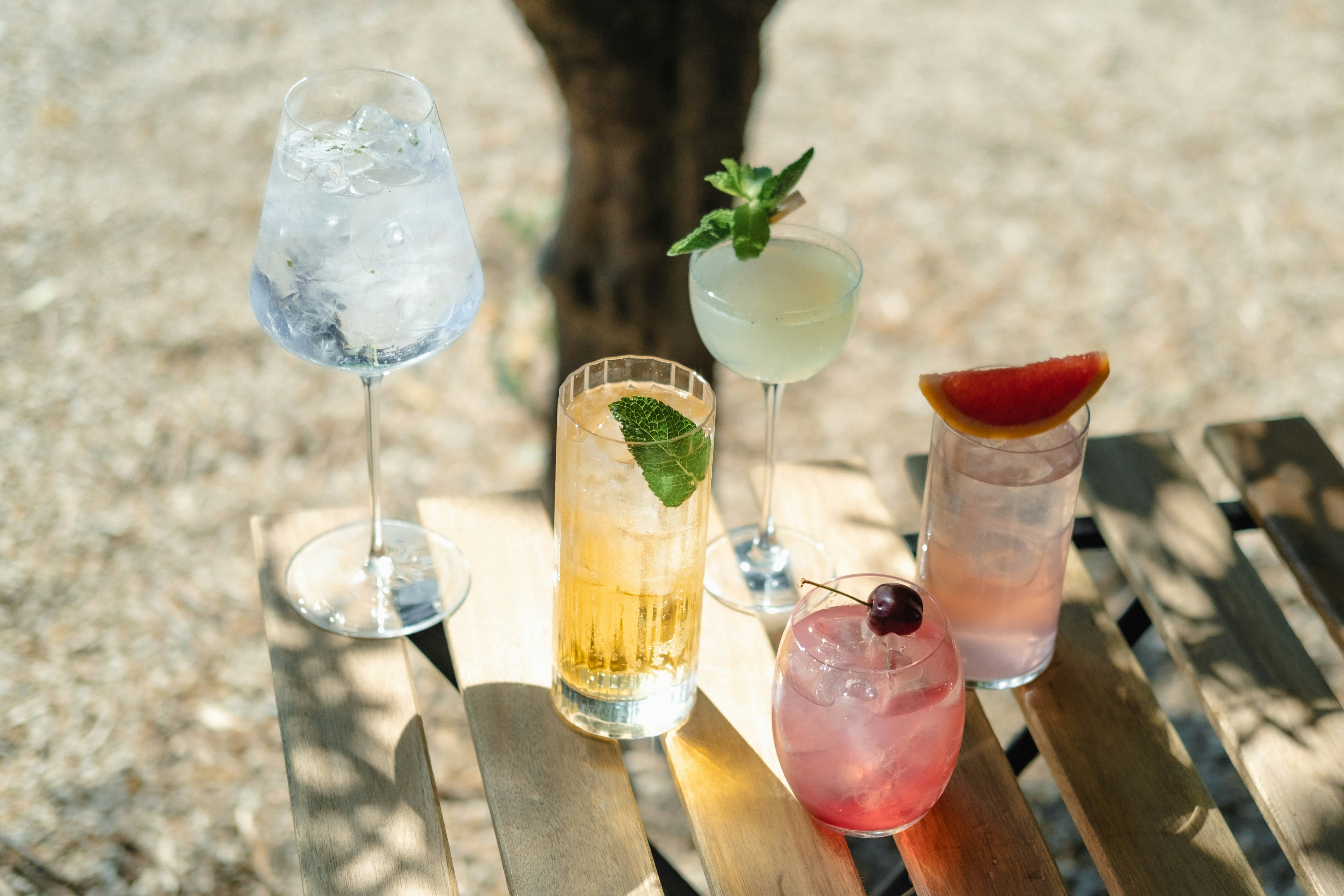In a fascinating discovery that may shed light on the ancient origins of human social bonding, researchers have observed wild chimpanzees in West Africa consuming and sharing fermented fruit. Filmed in Guinea-Bissau’s Cantanhez National Park, the footage shows our closest living relatives engaging in behavior that closely resembles early forms of feasting. With implications for understanding human evolution and the roots of communal rituals, scientists believe this rare phenomenon could represent the beginning stages of social drinking and feasting in our evolutionary timeline.
Chimpanzees Caught on Camera Sharing Alcoholic Breadfruit
Researchers from the University of Exeter used motion-activated cameras to record chimpanzees interacting with African breadfruit—a dense, fibrous fruit that naturally ferments when ripe. Over 10 separate occasions, chimps were seen consuming and sharing this fruit, which was later tested and found to contain up to 0.61% alcohol by volume (ABV). While not potent enough to cause drunkenness, this mild ethanol level could elicit a “light beer buzz,” according to the scientists.
A Glimpse Into Primate Social Behavior
Unlike humans, wild chimpanzees typically do not engage in food-sharing unless under specific social circumstances. This makes the sharing of alcoholic fruit particularly notable. Researchers observed the behavior among individuals of all sexes and ages, suggesting that this was not limited to kinship or mating rituals.
In one scene, two adult females—nicknamed Chip and Até—ignored a larger, unfermented fruit in favor of a smaller, riper, and likely more alcoholic piece. In another, adult males displayed dominance posturing over a ripe fruit, reinforcing the importance of the resource.
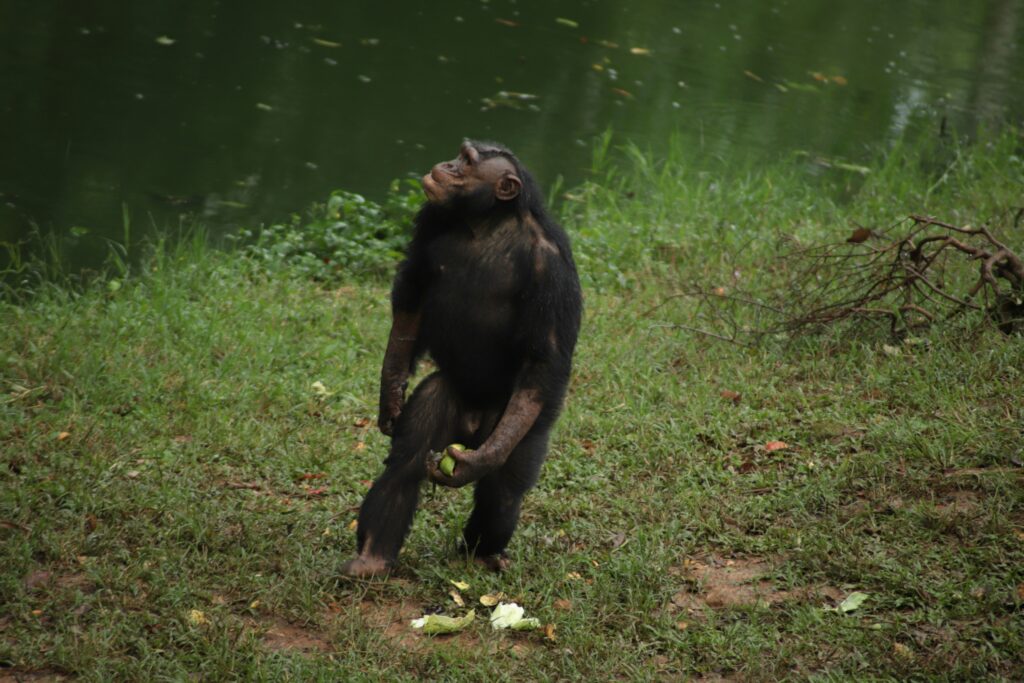
Not Just a Snack: Possible Roots of Feasting Behavior
Feasting and alcohol consumption have long been intertwined in human cultures. According to Dr. Anna Bowland from the Centre for Ecology and Conservation at Exeter’s Penryn campus, alcohol is known to release dopamine and endorphins in humans, creating feelings of relaxation and bonding. The act of sharing such substances in group settings is a cornerstone of many human traditions.
The new findings raise an intriguing question: Could our own tradition of communal eating and drinking trace back to a shared ancestor with chimpanzees? While further research is needed, the idea is gaining traction.
Evolutionary Implications and Future Research
This isn’t the first time chimpanzees have been observed interacting with alcohol. In 2015, a different study documented West African chimps stealing and drinking fermented palm sap—sometimes even becoming mischievous afterward. However, the recent breadfruit study suggests a naturally occurring, non-human-induced source of ethanol that may have evolutionary significance.
Dr. Kimberley Hockings, co-lead researcher, emphasized the need for more data. “We need to find out more about whether the chimpanzees deliberately seek out ethanolic fruits and how they metabolize it,” she said. The small number of documented instances limits the study’s conclusions but opens the door for a wider field of inquiry.
Conclusion: A Toast to Our Primate Cousins?
The sharing of mildly alcoholic fruit among wild chimpanzees may seem like a quirky animal behavior, but it could hold deeper evolutionary meaning. If this behavior indeed represents the early stages of feasting, it points to the possibility that the roots of human sociability and ritual sharing go back millions of years. While the full implications remain to be seen, this discovery adds a new layer of complexity to our understanding of primate behavior—and perhaps, of ourselves.
